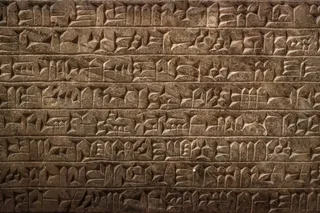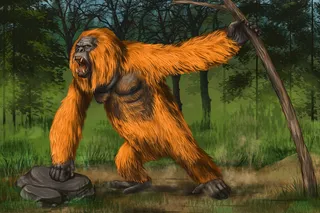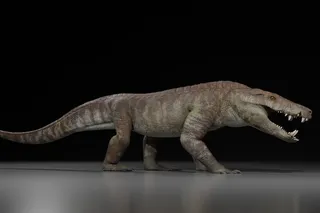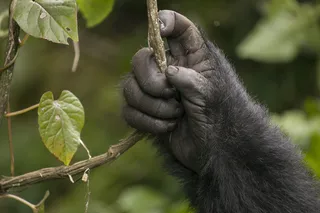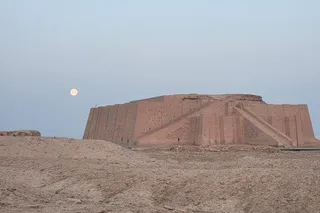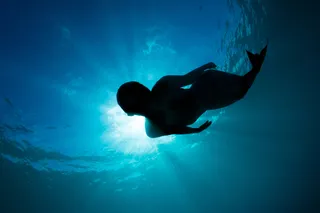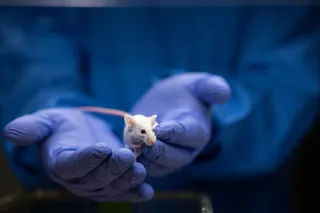This is Part III of a four-part series on the Discovery Channel show Venom Hunters, and the apparent bad behavior of the network, production company, and cast members involved. Parts I and II revealed how the production company pursued a flawed premise against the advice of several venom professionals, and then probably faked or staged scenes and storylines to promote that premise. In this post, I look at whether the stars were permitted or licensed properly in the states they were filmed.
I can assume the scene above in Venom Hunters' opening credits was in part meant to build the drama, and in part, to dissuade people from copying the show's dangerous antics. But perhaps it would have been less ironic if there was evidence that all of the cast members on the show obtained the proper permits for their activities. In the United States, the permits and licenses required ...





